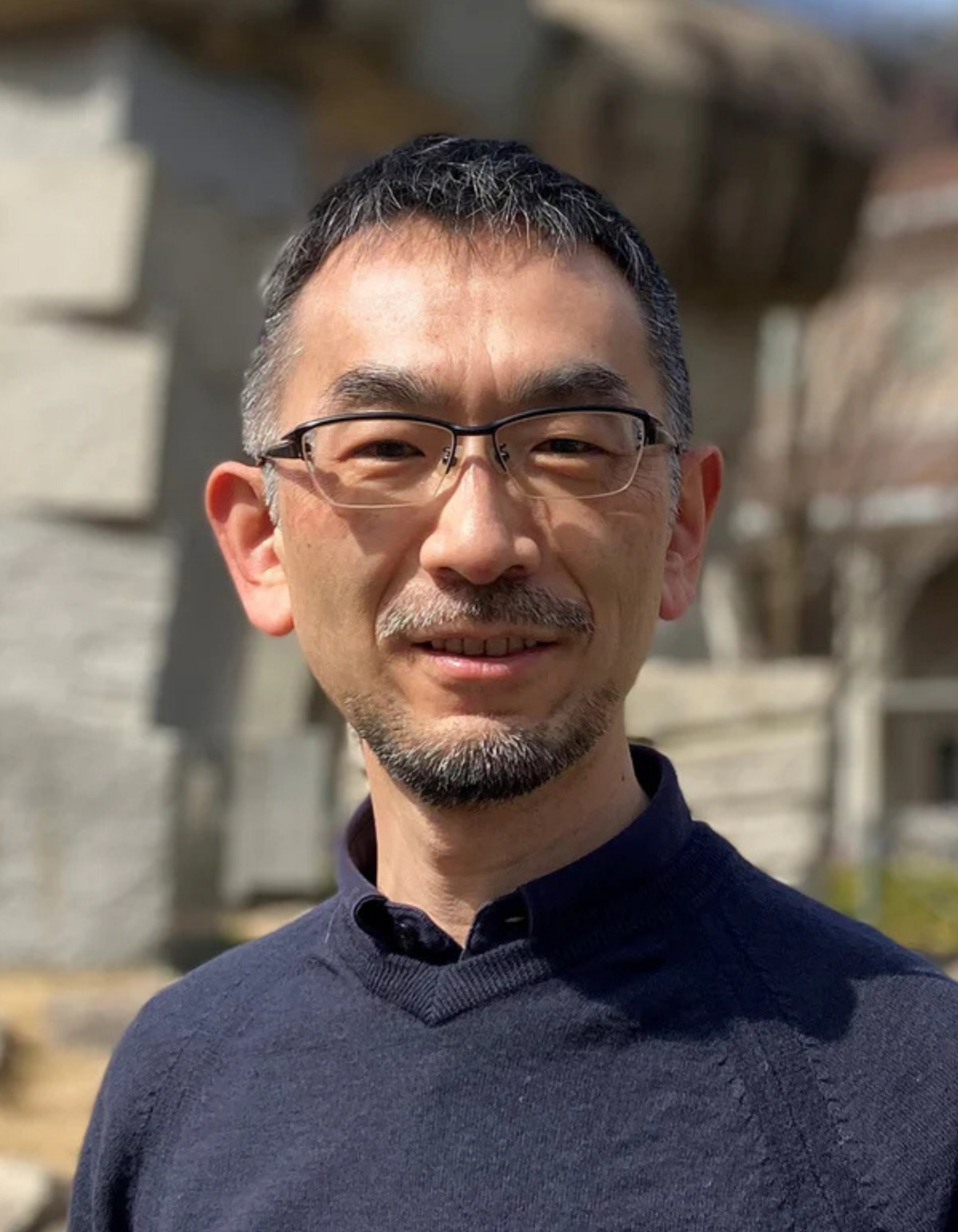Research Laboratories
ENVIRONMENTAL MICROBIOLOGY (Shin Haruta)

Research Overview
Microorganisms (bacteria and archaea) are responsible for material cycling and environmental conservation in our planet. We will clarify the ecophysiological roles of microorganisms in the soil and the hydrosphere and explore their possible application in urban areas. We are trying to understand microbial ecosystems by integrating individual microbial relationships into microbial networks as well as by elucidating the ecophysiology of each microbe.
Research in our laboratory cover the following themes:
- Population dynamics of photosynthetic bacteria in the environment
- Physiological and ecological characteristics of microorganisms in the environment
- Metabolism and physiology of environmental microorganisms
- Exploration of unknown microorganisms and their contributions to the environment
If you are interested in joining the graduate program and doing research with us, please contact us through email.
Current Projects
(1) Population dynamics of photosynthetic bacteria in the environment
We want to understand the evolution, bioactivity, and ecology of photosynthetic microorganisms in the environment. We are specifically interested in topics such as: (1) distribution, species composition, and environment-induced variation of photosynthetic microorganism communities in the soil and hydrosphere; (2) material cycling functions of photosynthetic bacteria and their effects to other bacteria; (3) evolution of photosynthetic bacteria and their photosynthetic functions.
(2) Physiological and ecological characteristics of microorganisms in the environment
The abundance and diversity of microorganisms in the environment leads to the formation of interesting and complex microbial ecosystems in nature. In this laboratory, we aim to understand how communities form and build ecosystems, and how they contribute to material circulation. Our work covers areas such as: (1) physiological and ecological characteristics of microbial species in the environment; (2) microbial interactions and their effect on microbial ecosystems; (3) dynamics, formation, development, and maintenance mechanisms of microbial ecosystems
(3) Metabolism and physiology of environmental microorganisms
Microorganisms do not always actively divide and multiply. In order to understand the metabolic and physiological dynamics in the microbes during such conditions, it is important to first understand their roles in the environment. Looking at this aspect can lead us to discover novel functions of these microorganisms. Some of the topics we are exploring include: (1) stress resistance; (2) microbial starvation responses and their mechanism; (3) energy homeostatic processes for maintaining viability.
(4) Metabolism and physiology of environmental microorganisms
Despite the diversity of known microbial species, it is believed that the actual number of characterized prokaryotes is small in comparison to the number of existing species in the world. Because of this, we are trying to discover previously unknown microorganisms by developing novel isolation strategies, utilizing environmental DNA information, and examining microbial community functions. In particular, we do research on: (1) isolation and culturing of unknown bacteria and archea; (2) evolutionary phylogeny of isolated novel microorganisms; (3) the environmental distribution of discovered microorganisms and their roles in material cycling.
Staff Highlight
|
Dr. Shin Haruta (春田 伸) Professor |
Email: |
sharuta[at]tmu.ac.jp |
Read more: |
Lab Information: (Environmental Microbiology Laboratory) Department Laboratory Page (Japanese) |
Recent Publications
Megumi Kono, Shin Haruta. Microorganisms, 12(9) 1904, Sep 2024
2. A potent allele marker related to low bull conception rate in Japanese Black bulls
M Kinukawa, M Ito, Y Uemoto, A Ogino, S Haruta, K Kurogi, T Watanabe. animal 17(5) 100804, May 2023
Md. Gahangir Alam, Shin Haruta. Microbiology Resource Announcements, 12(3) e01321-22, Feb 2023
4. Motility Assays of Chloroflexus
Shin Haruta, Hinata Kakuhama, Shun-ichi Fukushima, Sho Morohoshi. Bacterial and Archaeal Motility, 383-390, Feb 2023
5. Draft Genome Sequence of the Thermophilic Unicellular Cyanobacterium Synechococcus sp. Strain C9
Megumi Kono, Joval Navas Martinez, Takeshi Sato, Shin Haruta. Microbiology Resource Announcements,
11(8) e00294-22, July 2022
See more: (Google Scholar)
Lab Gallery
(coming soon!)
